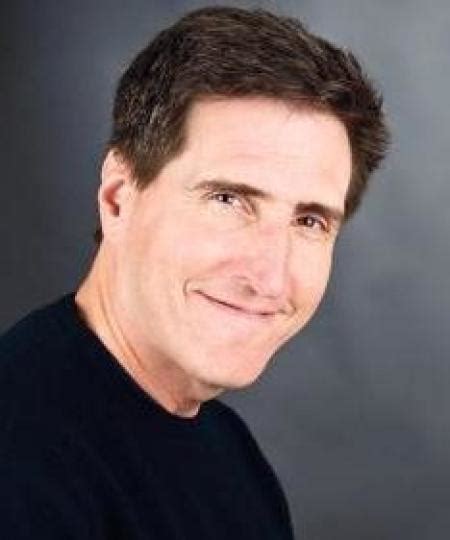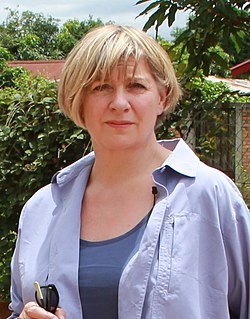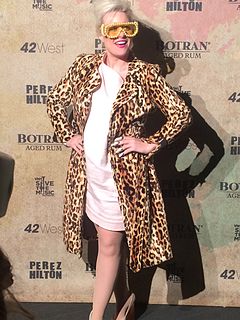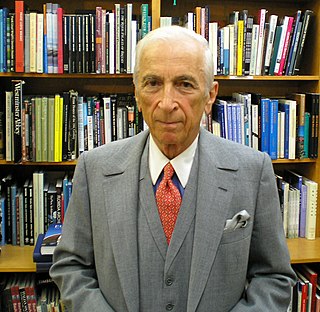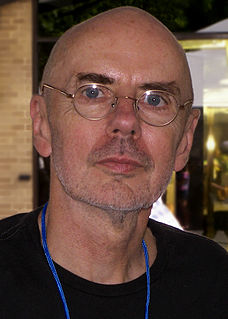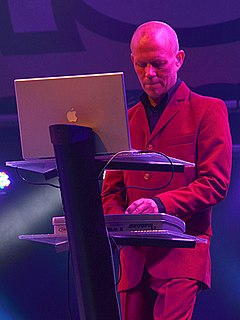A Quote by Jonathan Franzen
I used to think it was hard to write, and I still find the process more or less unpleasant, but if I know what I'm doing it rattles along, then the rewrite whips it into shape rather quickly.
Related Quotes
I work sometimes from outlines, which are immediately abandoned. Sometimes, when I'm trying to find the characters, I'll sketch things out a bit. Sometimes, outlines help me aim a little bit, but I tend to find it's usually much more interesting, especially with the first draft, to spew it onto the page. I used to get very nervous that, if I write this first rough draft and I die that night, whoever finds it might think that I thought it was good. For me, it's much more important to get some general shape onto the page and later take all the time I need to refine it, fix it, and rewrite it.
Usually I will hear a sample, think of a theme and then it will take me a couple of days to write down some lyrics. Then I will decide that I hate those lyrics and rewrite. Then I will change all the music around. Then I will rewrite all the lyrics again. I am a bit of a perfectionist although you would never know it because all my songs are like chopped up and @#$%& up, but you see that's on purpose.
My writing process is very feedback based - I listen to the audience. I try to understand what's connecting, what's not connecting... and then rewrite, and rewrite, and rewrite. Chris Gethard and I have been on the road a lot together. When we get on the bus at night, we talk about the jokes that didn't work and the joke possibilities that could work. I think this is a little different from other writers.
Lucky accidents seldom happen to writers who don't work. You will find that you may rewrite and rewrite a poem and it never seems quite right. Then a much better poem may come rather fast and you wonder why you bothered with all that work on the earlier poem. Actually, the hard work you do on one poem is put in on all poems. The hard work on the first poem is responsible for the sudden ease of the second. If you just sit around waiting for the easy ones, nothing will come. Get to work.
I chose to be a photographer twenty-two years ago, but I don't know that I'd make that choice again. Back in the early eighties, I still thought I was doing okay, trying to order and shape the world with my camera. Now that I know a bit more about living and dying, about our planet and its complex problems, I'm a lot less comfortable with my images of people. Still, I haven't a clue what else to do.
I think that the Pulitzer Prize is definitely a blessing, but it's also a curse. Because I think that it is a blessing because the work gets more exposure, especially that particular play and then other works of yours too. And then it's a curse because people anticipate that you will write something like you've already written. I think it's really wrong because, you know, I think, as a writer, I'm in a process and I'm somewhere in that process, and I need to continue to develop.



